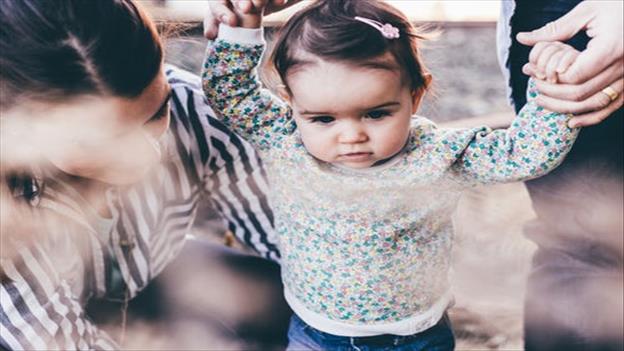Care Orders

When a court makes a care order, the local Health and Social Care Trust becomes responsible for a child. They share responsibility for the child with the parents. They decide where the child lives and the child’s school. A care order can last until a child is 18 years old.
Why care orders are made
If social services think a care order is necessary, they will ask the court for a care order to be made.
The court will only make a care order if they are convinced that the threshold criteria is met and:
- the child is suffering, or is likely to suffer, significant harm
- harm is due to either the care the child is receiving, or likely to receive if the care order isn’t made
- the child is beyond parental control
A care order gives the local HSC Trust (along with a parent or legal guardian) parental responsibility for the child.
When a care order is made, the local Trust must look after the child and give them accommodation and care. The Trust is responsible for the child's welfare while the order is in place.
A care order can be made for children under 17 years of age - or under 16 if they're married or in a civil partnership. A care order lasts until the child becomes 18 unless it comes to an end earlier by the child being adopted, a residence order is made or the court discharges the order.
Parental responsibility
Parental responsibility is a set of legal rights and responsibilities including making sure a child:
- has somewhere to live
- is looked after
- is kept safe
Parental responsibility also gives the right to make important decisions about a child’s life like:
- who looks after them
- where they live
- how they are educated
Care plans
Before a child is taken into care, the HSC Trust will produce a plan for the future care of the child. The parents and the child should be involved in developing this care plan.
The plan should show how the child’s needs will be met in care, including their health, education and contact with family members.
Educating children in care
All children must have an overall care plan, including what is being done about their education.
In most cases, decisions about the welfare of a child will be taken by their social worker, foster carer or residential care worker. The child’s birth parents may be involved in those decisions.
The social worker in partnership with the foster carer or residential care worker, needs to take decisions about what must be done to help the child achieve his or her full potential.
Their responsibilities include:
- drawing up a personal education plan (PEP) for the child and making sure they are well supported at school
- making sure the child attends school every day
- choosing and applying for a school place
- making sure that there are good links with the school
- being involved in any assessment for special educational needs
- making sure that the foster/kinship carers be at parents’ evenings and any other school events which parents would go to
You can find out more from your local HSC Trust website
Support for parents
Parents can get help and support from Parenting Focus, Children In Northern Ireland, NSPCC NI and Family Support Hubs


